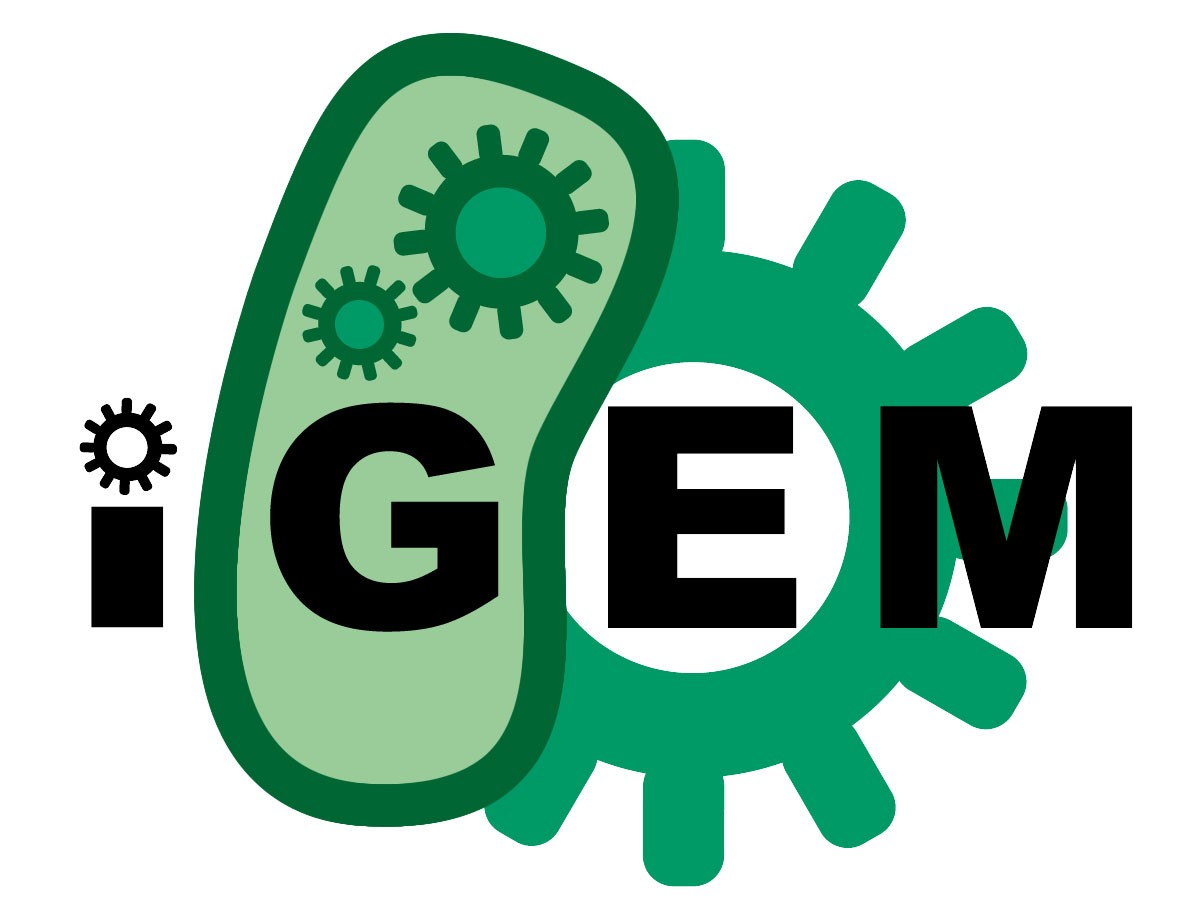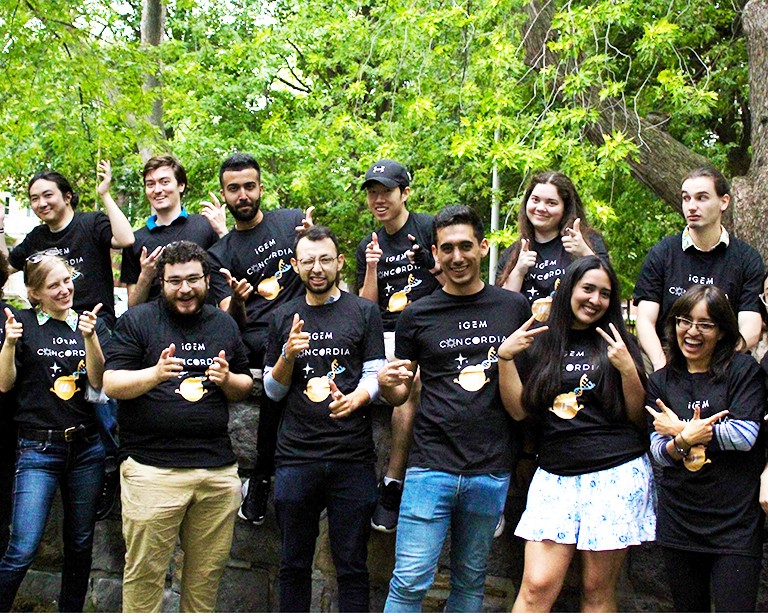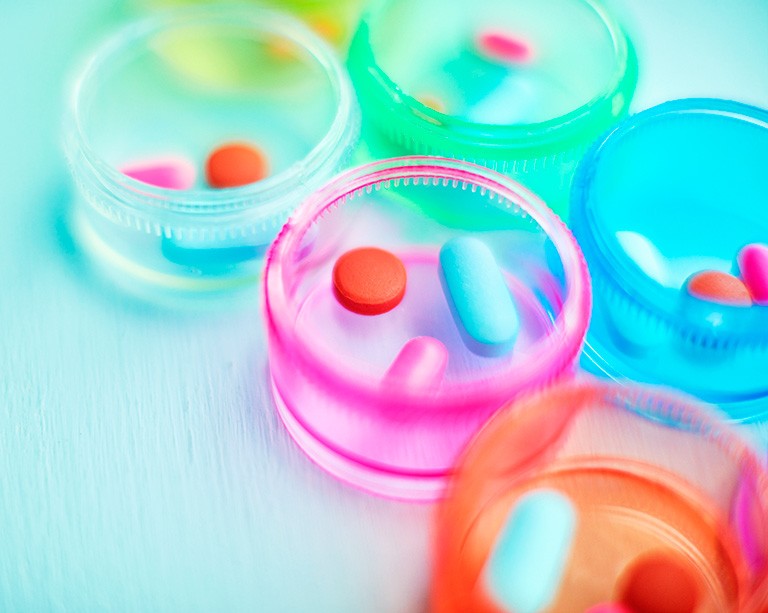iGEM

International Genetically Engineered Machine Competition
The iGEM competition is a prestigious worldwide synthetic biology competition where teams of students from diverse fields work with mentors to build genetically engineered systems. Teams are given a kit of biological parts at the beginning of the summer from the Registry of Standard Biological Parts. Working at their own schools over the summer, they use these parts and new parts of their own design to build biological systems and operate them in living cells.
Teams are also encouraged to work outside the lab to engage with their communities, demystifying synthetic biology and demonstrating the exciting possibilities of their lab work.
In the fall, teams from around the world convene for the iGEM Giant Jamboree, where their projects are judged for medal designations, track- or special category prizes.
For more information, or to join the iGEM team, contact us at
iGEM@concordia.ca
 Graphic by Isabela Morita, Dorothea Davidson & Karin Etemadi
Graphic by Isabela Morita, Dorothea Davidson & Karin Etemadi
2025 Team: Toast Busters
Combatting celiac disease: engineering a two-step strategy to break down gluten and block its detection by the immune system
2024 Team: MycoMiners Remediation
Remediating heavy metal contaminants from mining effluent
We aim to address pollution effectively and economically, ensuring clean water and a healthier environment for all. We envision a future where advanced biotechnological methods can effectively and economically tackle pollution, leading to cleaner water and a healthier environment for everyone.

2023 Team: SyncOva
Ovarian cancer diagnostic: coupling sensitive and early detection for the ultimate screening test
2022 Team: CyanoClean
Biological solution for the degradation of organophosphate pesticides
Our bioremediation project intends to use biological processes as an efficient and economic solution for the degradation of organophosphates. Our final goal is to sustainably implement CyanoClean in Canadian rural agricultural areas where pesticide usage and human exposure is high.
Concordia student research team reaches the top four in NASA-Canadian Space Agency’s Deep Space Food Challenge
AstroYeast Microfarm seeks to create viable food sources for space exploration
2020-2021 Team: AstroYeast
Advancing space exploration through synthetic biology
This team is creating a yeast-based platform for R&D that functions under microgravity conditions, and can be used to biomanufacture food, fuels, materials and medications in outer space. Work is ongoing into 2025.
The two year project includes:
(i) The 2020 AstroYeast database which won Best Software Track award at the iGEM international competition!
(ii) The 2021 AstroYeast Microfarm, a space-adapted nutrient and flavour production
2019 Team: Quantifen
Competition Location: Boston, MA
This team created Quantifen, a non-invasive, wearable biosensor to detect fentanyl in sweat and send out a mobile alert via their user app.
2016 Team: Combat Cells - League of Enhanced Microgladiators
Competition Location: Boston, MA
For their project, this team generated tiny armored gladiators by equipping different cell types with various ‘nano-weapons’, which are nanoparticles of our own creation, and placing these little personalized warriors on a microfluidics chip so that they can undergo battle.
2015 Team: Scaffococcus
Competition Location: San Francisco, CA
This team genetically engineered a strain of the species Lactococcus lactis to obtain an organism capable of expressing a customizable extracellular platform that could harbour a very wide range of enzymes that, in turn, would be able to carry out a seemingly endless variety of metabolic processes.
2014 Team: Clean Green Lipid Machines
Competition Location: Boston, MA
For their project, this team aimed to make microalgae an easier to engineer chassis by creating a specialized toolkit of standardized biological parts.
2013 Team: Project Comput-E.coli
This team sought to create universally computational cells through the exploitation of pattern formation to generate biological cellular automata.




